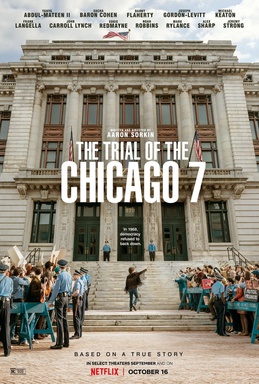27th January 2021

No preamble, let’s just dive in; how to boost your lexical resources.
Firstly, replace all your basic verbs with ‘better’ ones, L-FWs as IELTS refer to them. Thus, fifteen of the most common English verbs:
- be
- have
- do
- say
- get
- make
- go
- know
- take
- see
- come
- think
- look
- want
- give
Activity 1: Assign three verbs to students (individually or in small groups). They must write a sentence (the more complex the better) utilising the substituted verb. Students can use a thesaurus for assistance.
Example: ‘give‘
I always donate my old clothes to charity.
Activity 2: Convert a simple sentence into a jaw-droppingly magnificent IELTS sentence, employing the whole spectrum of resources, by which I mean phrasal verbs, adverbs, LFWs, idioms etc.

Example:
I always donate my old clothes to charity.
I have to confess that one of my passions is shopping, be it at a mall, a street market or online. As a young person, I adore buying clothes, though I have to restrain myself as many items cost an arm and a leg. Naturally, I accrue a vast wardrobe. From time to time I have a good sort out, sometimes being quite brutal. If I haven’t worn something for, say, two years, then I get rid of it. However, instead of simply throwing them away, or giving to siblings or cousins, I choose to donate to various charities such as UNICEF, Save The Children or Cancer Research. That way, I can contribute to improving the world.
Study the above example. Can you pick out the elements that differentiate this from a basic English class response ?
Write down new vocabulary and make a point of using new words.
Observe how points are introduced, and answers expanded.
How many phrasal verbs are you familiar with ? How about fixed expressions (here I added ‘From time to time‘) which brings us nicely to our next section …
As far as I’m concerned // I can’t wait to … //
If there’s one thing that I (love, hate, detest) it’s … // I’m looking forward to … //
It may surprise you to learn that I … // It’s no surprise that … //
The first thing I’d going to do when I … // There’s nothing I like better than … //
Activity 3: Practice using these expressions
Example: After a hard day of teaching, there’s nothing I like better than watching a great movie. Only last night, I saw a fantastic film, ‘The Trial of the Chicago 7’ by Aaron Sorkin who is a highly respected American writer.


2 thoughts on “IELTS: Vocabulary boosting & fixed expression … there’s nothing I like more !”